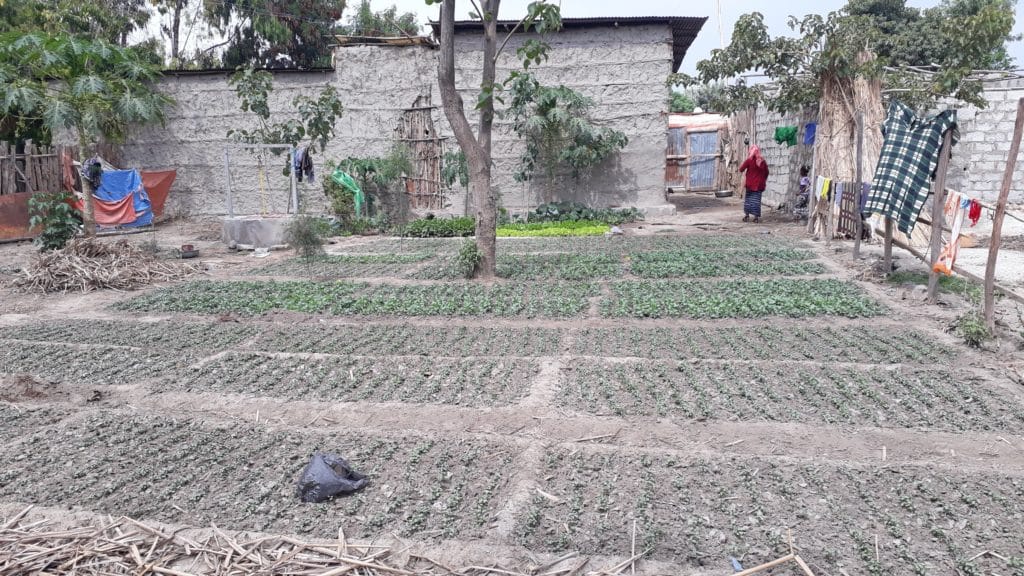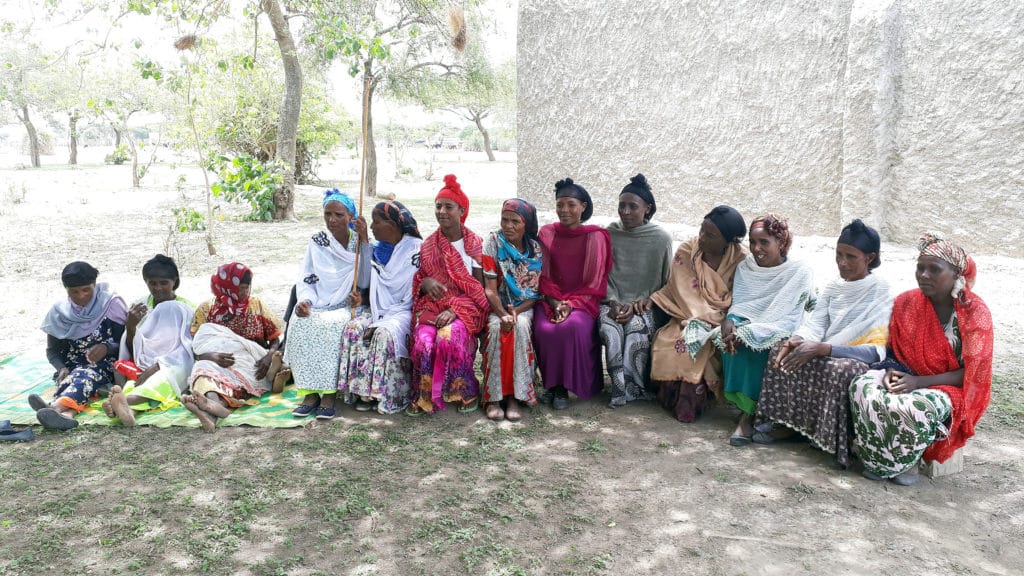AFTER THE PANDEMIC CAME THE ARMED CONFLICT
The year 2021 Ethiopia was also marked by a warlike conflict that affected the entire society, regions and sectors of the country. During the summer of that year, a series of guerrillas and counterattacks between the Tigray region and the military forces of the federal government led to a State of Emergency declared in November 2021, which was not lifted until February of this year. The limitation of movements (human and material), interruption of communications (physical and virtual) and control over society and production, have conditioned the proposed activities, already limited by the agricultural calendar characterized by periods of rain and drought typical of the horn of Africa. In November, after the state of alarm was declared due to the conflict, our aid worker Jorge Lima had no choice but to leave Ethiopia until next April 11, when he returned to the field to continue coordinating the program. Despite everything, the Mundukide program has continued to provide coverage to peasants through the collaboration of the Ethiopian entity SOS Sahel.
IMPROVING THE LIVELIHOODS OF SMALL PEASANTS WITH A FOCUS ON WOMEN
Inspired by our experience in Mozambique, since 2020 Mundukide has been working to improve the livelihoods of small farmers in the ARSI province, OROMIA region, through a socioeconomic strengthening program. With the collaboration of Ethiopian agronomist instructors, the program is training the peasantry and providing agricultural tools and supplies for the creation of family gardens, the creation of domestic chicken coops, the planting of fruit trees, the diversification of production and the promotion of crops for food use. and commercial. All this in order for households to produce food for their own consumption in a sustainable way and at the same time, access to economic resources is enhanced by focusing on women.
TRAINING IN PRODUCTION OF CEREALS, LEGUMES AND VEGETABLES
A total of 80 peasants have been trained in the two predominant types of crops: cereals and legumes, taking advantage of the rainy season, and vegetables with a mixed technique: rain and irrigation, which will help improve their production/productivity.
FAMILY ORCHARDS
20 female heads of households are working in their gardens adjacent to their homes, producing vegetables with the dual purpose of improving their families’ diet and increasing income for their own management by selling vegetables in local markets. This activity encourages households to produce food for their own consumption in a sustainable manner and at the same time, access to economic resources for these women is enhanced.
FRUIT TREES
In September 2021, the program provided 200 apple trees for a total of 20 peasants who chose to plant fruit trees close to home. The program’s agronomist instructors are in charge of monitoring the plants and guaranteeing good growth of the trees together with the families.
LAYING HENS
In January 2022, 24 women from two districts of Arsi province built their own chicken coops housing 10 laying hens per household.
PARTICIPANTS AND BENEFICIARIES OF THE PROGRAM
At the moment there are 140 people participating in some type of agricultural development and more than 600 beneficiaries. The estimate is that in the coming years the number of participants will increase exponentially in the districts of Arsi, in such a way that it contributes to the economic strengthening of the province of Oromía.

